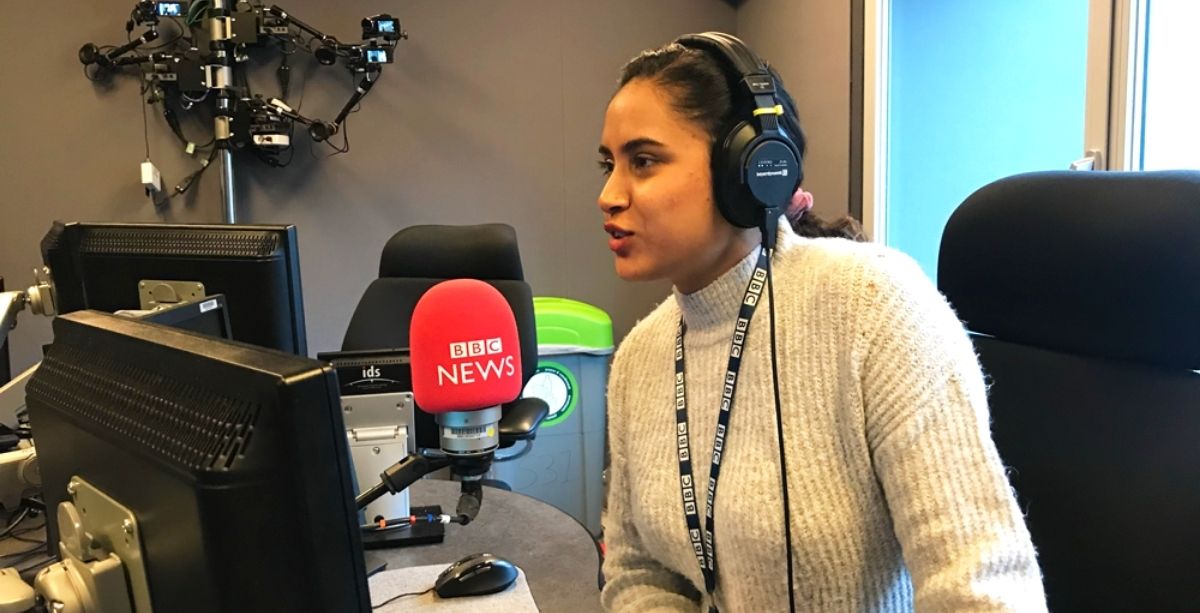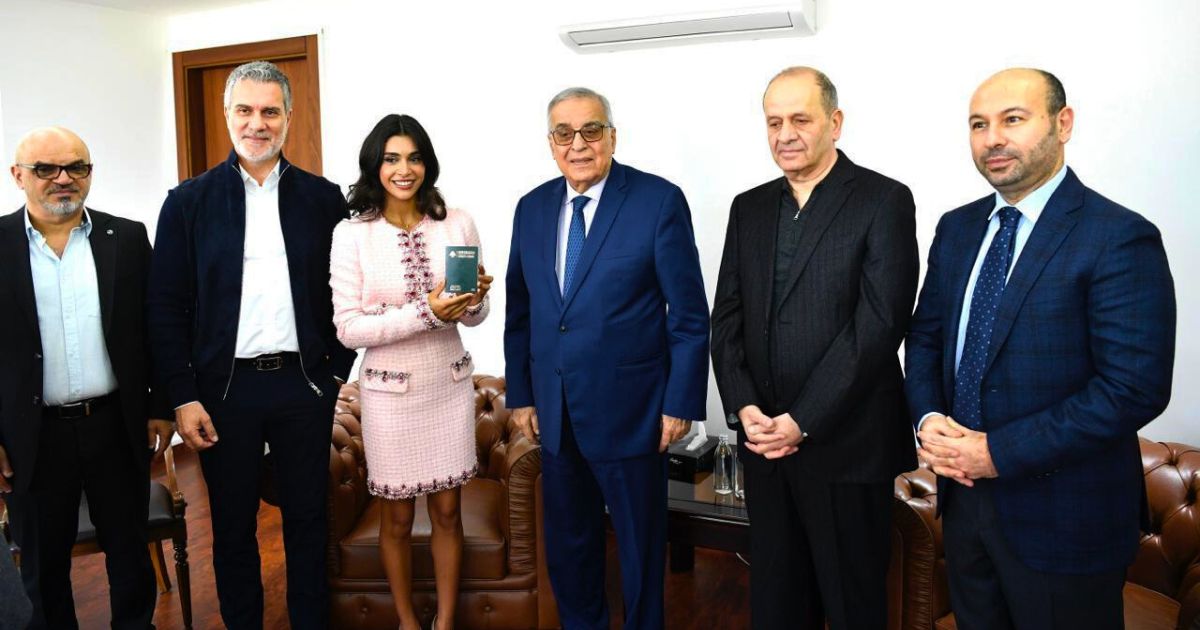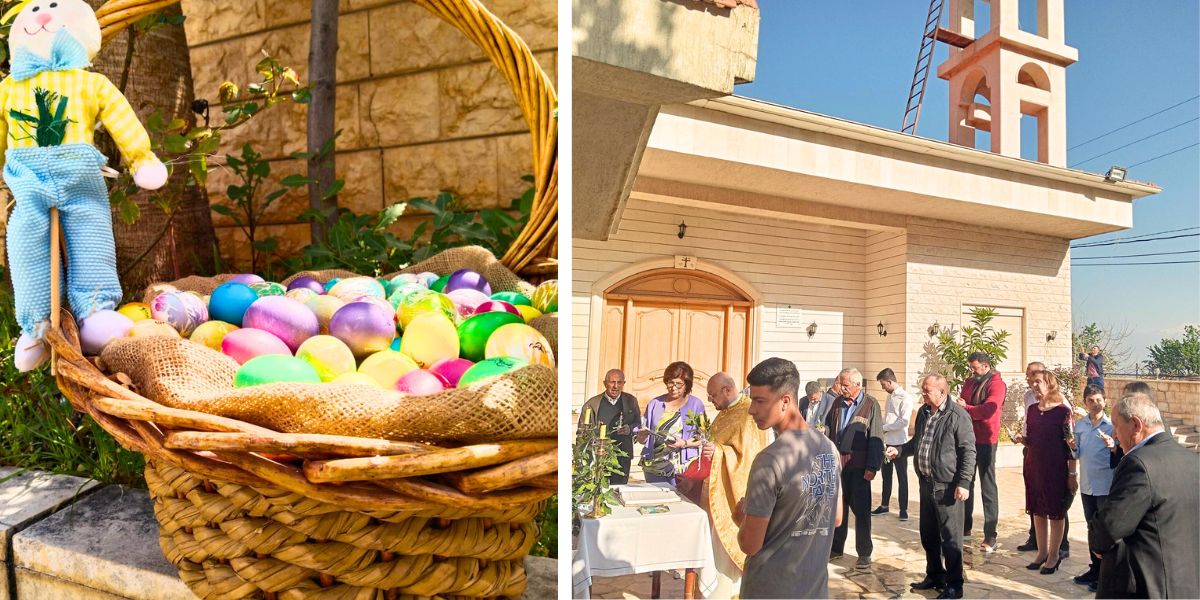The BBC World Service and the British Council are collaborating to launch a program in Lebanon that will train Lebanese citizens in deep listening.
In a statement, the British Council defined deep listening as “an established technique for finding common ground with opponents and an approach to difficult conversations that ensures both parties feel fully heard.”
The program will build upon the Council’s Young Mediterranean Voices and Active Citizens programs and on the BBC’s Crossing Divides work.
Participants will be trained in the practice over a period of two weeks, the course’s content being delivered by BBC Crossing Divides’ Emily Kasriel, in collaboration with British Council expertise and facilitation.
Small groups of 3 or 4 will have opportunities to enter breakout rooms, taking different roles – “speaker,” “listener,” or “observer” – on a rotating cycle basis, which enables them to practice from different perspectives.
Prior to the training, participants will have to complete a brief questionnaire about their views on a range of local, regional, and global topics.
“Lebanon is a country with deep-seated divisions and challenges; after the participants are trained they will be matched together to have conversations with those who hold opposing views to their own,” the British Council said.
Ultimately, the program focuses on “individuals and communities beginning a journey of understanding,” rather than on finding agreement.
“Research has evidenced the enormous power of being heard. When we feel recognized and understood, we can lower our defenses, reduce extreme views, and be open to other perspectives,” the Council explained.
It added: “When we recognise the humanity across the table, we can start to have a vested interest in the health and welfare of those who are different and recognise what we have in common.”
*Photo used for illustrative purposes only

















